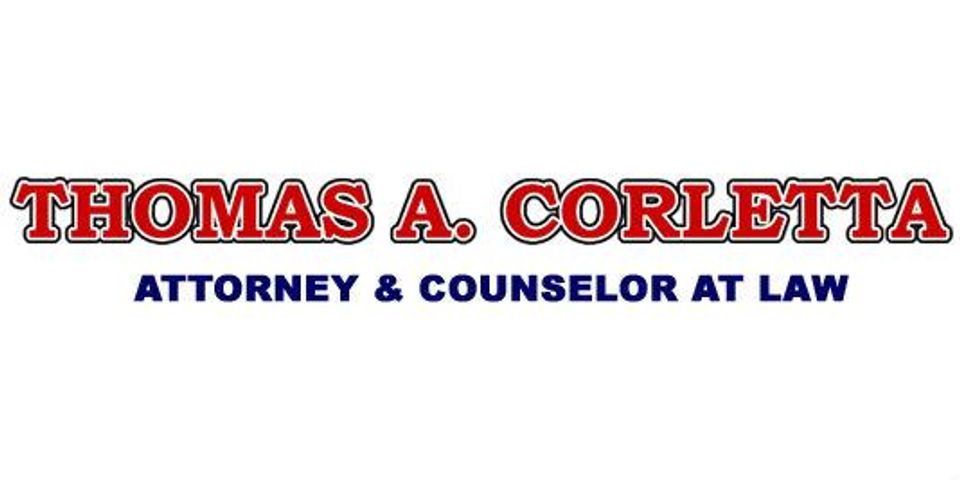
People v. S.M. (Webster Tn. Ct., 3/22/2019)
Cell phone and Portable Electronic Device prosecutions have been emphasized and increased in New York in the last 8 years, pursuant to efforts by law enforcement and politicians, including the Governor.
However, as with many politically motivated changes to the law based upon public safety concerns, many of the statutes are quickly and sometimes carelessly drafted, which cause problems in interpretation and application. Such is the case with the Mobile Telephone and later “Portable Electronic Device” statutes in New York.
Mr. Corletta, using both common sense and careful analysis, was able to educate the Court on the differences between the two in People v. S.M. (Webster Tn. Ct., 3/22/19).
In that case, the client was allegedly observed by a State Trooper holding a cell phone to their ear and engaging in a telephone call. However, the Trooper charged the client, a professional driver whose job was potentially impacted, with Using a Portable Electronic Device While Operating a Motor Vehicle, in violation of VTL §1225-d.
Mr. Corletta, carefully analyzing the charge and sensitive to his client’s position as a professional driver, and that such offenses are designated “serious driving offenses” in New York, immediately noticed the conduct alleged was talking on a cell phone, while the Portable Electronic Device statute proscribed using portable electronic devices, which can be cell phones, for purposes of texting, reading or sending emails, etc.
In short, the Portable Electronic Device statute proscribed the use of portable electronic devices, including cell phones, for purposes of texting, emailing, etc., not making telephone calls. Talking on a mobile phone is prohibited under a completely separate statute, which addresses only talking on a mobile phone.
Quickly moving to dismiss, Mr. Corletta pointed out that the factual allegations against the client did not constitute a violation of the Portable Electronic Device statute. One can only be convicted of the offense they are charged with. Meeting with resistance from the Court, Mr. Corletta persisted, making a Motion to Reargue, forcefully setting forth his argument in great detail. He further argued that allowing a prosecution under the Portable Electronic Device statue would render the Mobile Phone statute superfluous, a violation of basic rules of statutory construction. The Court adopted his position and dismissed the charge against his client, agreeing with Mr. Corletta that the client should have been charged under the Mobile Phone statute.
The Court wrote a 5 page Opinion, which will serve as excellent guidance of the interplay between these 2 often-used laws. Not only will the Decision provide needed guidance and education for District Attorneys and police, but Mr. Corletta’s client’s employment will probably be saved as a result of his efforts.
About the Business
Have a question? Ask the experts!
Send your question

